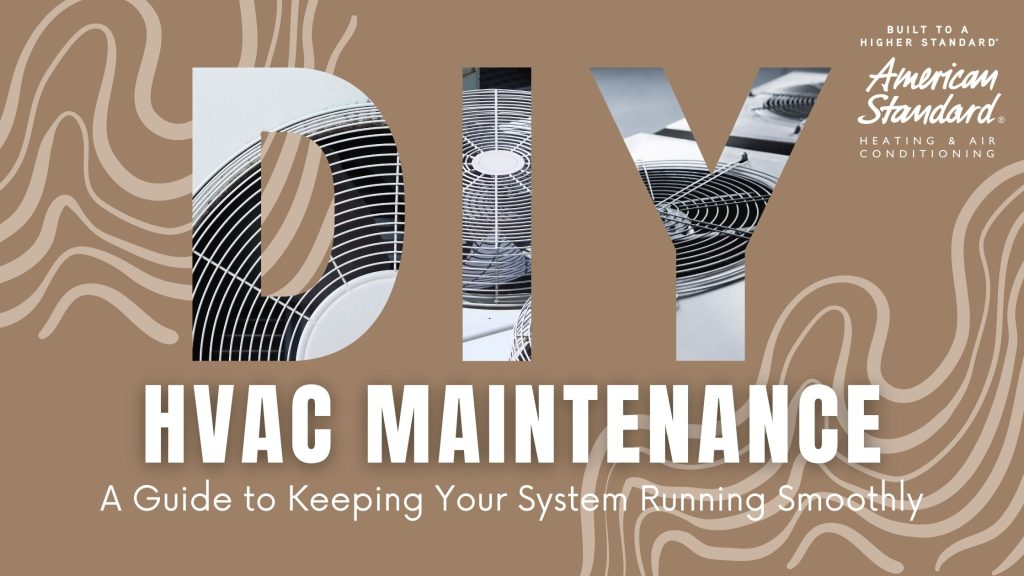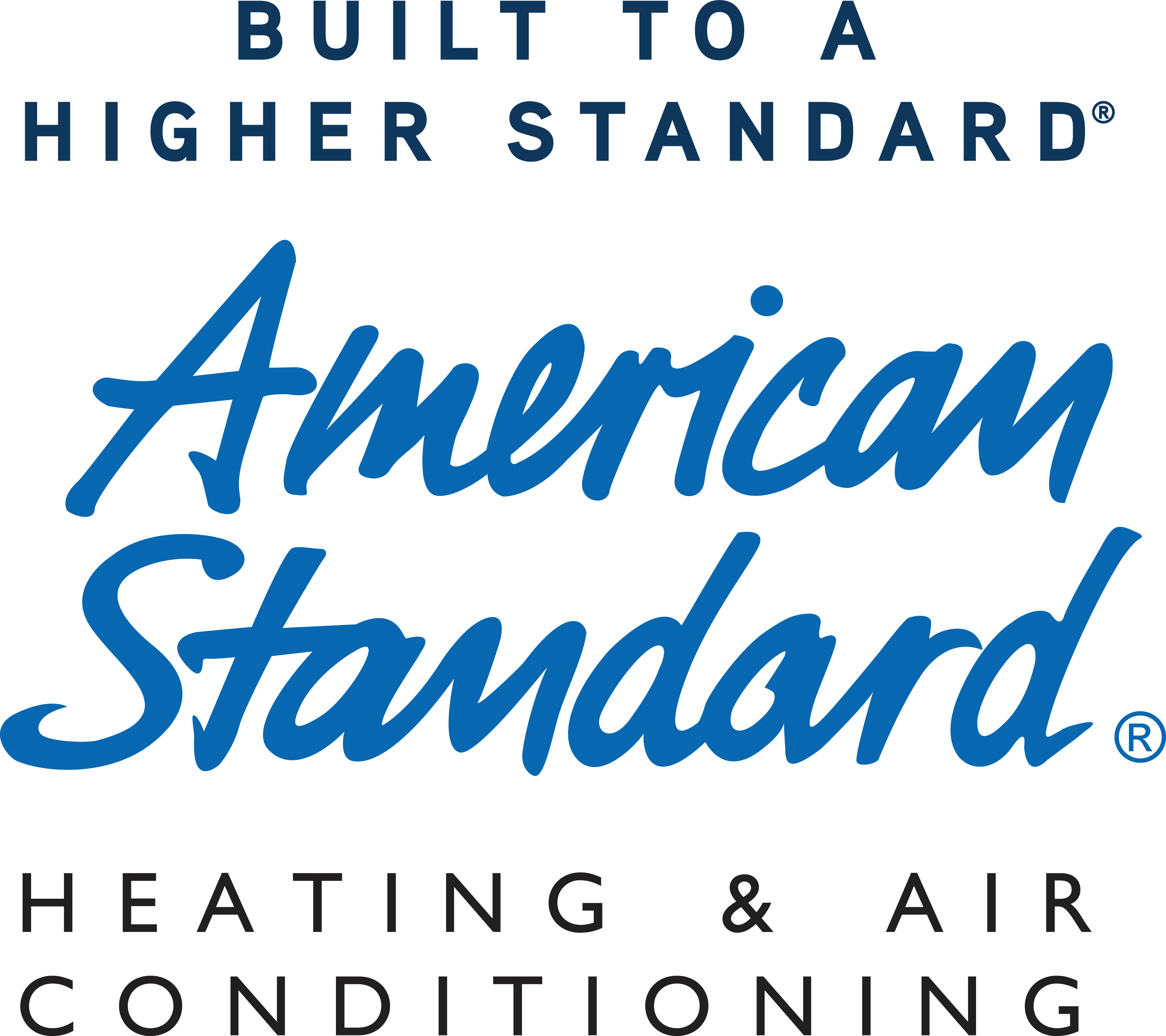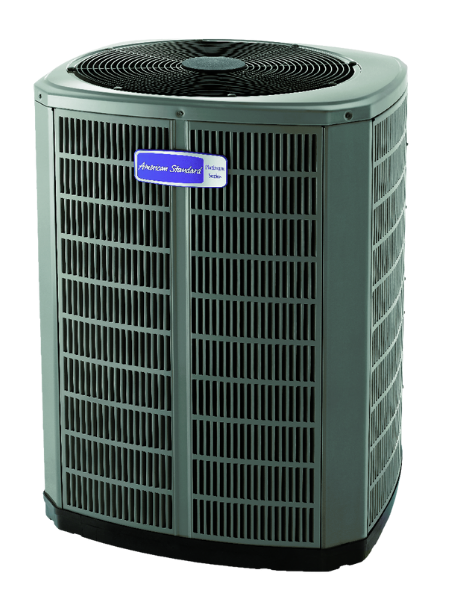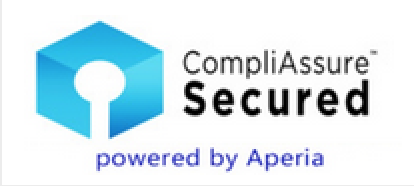
DIY HVAC Maintenance
Maintaining your HVAC (Heating, Ventilation, and Air Conditioning) system is crucial for ensuring optimal performance, energy efficiency, and longevity. While professional maintenance is essential, there are several do-it-yourself (DIY) tasks that homeowners can perform to keep their HVAC systems in top shape. In this article, we’ll explore practical and easy-to-follow DIY HVAC maintenance tips that can save you money and prevent unexpected breakdowns.
1. Regularly Change Air Filters:
One of the simplest yet most effective DIY maintenance tasks is regularly changing your HVAC system’s air filters. Clogged or dirty filters restrict airflow, causing the system to work harder and reducing its efficiency. Check your filters monthly, and replace them every 1-3 months, depending on factors such as the type of filter and household conditions.
2. Clean Vents and Registers:
Maintain good airflow by ensuring that vents and registers are clean and unobstructed. Vacuum or dust them regularly to prevent the buildup of dirt, dust, and debris. Proper airflow not only improves efficiency but also enhances indoor air quality.
3. Inspect and Clean Evaporator and Condenser Coils:
Over time, the evaporator and condenser coils can accumulate dirt, reducing their ability to absorb and release heat efficiently. Periodically inspect these coils and clean them using a soft brush or a vacuum cleaner with a brush attachment. Ensure the power is turned off before attempting any cleaning. If this task is more than you want to deal with, call in a professional to do the work.
4. Clear Debris Around the Outdoor Unit:
If you have an outdoor HVAC unit, make sure the area around it is free of debris, leaves, and vegetation. Trim any overgrown plants or grass to allow proper airflow. A clear space around the outdoor unit ensures optimal heat exchange and prevents the system from overworking.
5. Check Refrigerant Levels:
Low refrigerant levels can affect your HVAC system’s performance. If you notice reduced cooling or heating capacity, check the refrigerant levels. While adding refrigerant is a task best left to professionals, you can inspect for visible leaks and promptly call a technician if needed.
6. Inspect Ductwork for Leaks:
Leaky ducts can lead to energy waste and inefficient heating or cooling. Inspect your ductwork for visible leaks, gaps, or loose connections. Seal any leaks using foil tape or mastic sealant. Properly insulated and sealed ducts contribute to energy savings and maintain consistent indoor temperatures. If you discover major issues with your duct system, it would be very beneficial to call in a professional to make sure your ductwork is operating correctly.
7. Test Thermostat Operation:
Ensure your thermostat is working accurately by testing it periodically. Verify that the displayed temperature matches the actual room temperature. Consider upgrading to a programmable thermostat for better control and energy efficiency.
8. Schedule Professional Maintenance:
While DIY maintenance is beneficial, it’s crucial to schedule professional HVAC maintenance at least once a year. HVAC technicians can perform in-depth inspections, identify potential issues, and conduct tasks that require specialized knowledge and tools.
Regular DIY HVAC maintenance is a proactive approach to keeping your system running smoothly. By incorporating these simple tasks into your routine, you can extend the life of your HVAC system, improve energy efficiency, and enjoy a comfortable indoor environment year-round. Remember, while DIY maintenance is valuable, professional inspections are essential for addressing complex issues and ensuring the long-term reliability of your HVAC system.
Contact Us
Swinson Air Conditioning is your independently owned American Standard Heating and Air Conditioning dealer, serving the Eastern Shore area. We are a locally owned and operated Customer Care Dealer, and would love to become your HVAC contractor. Feel free to contact us via email or give us a call at 251-964-9009.







